Often, and usually with good reason, educational achievements and a successful career go hand in hand. Common sense tells us that solid, untroubled schooling is the best means of carving out a place for oneself in life. This may well be the goal of the education system, but it is by no means the rule for those who pass through it. For some, their time at school did not constitute the “happiest days of their lives.” Indeed, a number of major historical figures — some famous, some infamous — managed to attain wealth, power and influence in spite, rather than because, of their schooling. Here, then, are our 10 world leaders who dropped out of school.
10. William McKinley (1843 – 1901)
William McKinley, the 25th President of the United States and a veteran of the American Civil War, was best known as an aggressive competitor in fierce election campaigns and for defeating Spain in 100 days in the Spanish–American War. McKinley’s educational background was less successful, however: he dropped out of Allegheny College, PA due to illness, and owing to financial constraints he never returned. Following the Civil War, he studied law, and in 1967 was admitted to the bar, embarking on a career that would ultimately propel him to the presidency. Unfortunately for McKinley it also inadvertently led to his death from an assassin’s bullet in 1901.
9. Walter Nash (1882 – 1968)
Walter Nash, an Englishman by birth, became the 27th Prime Minister of New Zealand in 1957. His political career was marked by a strong commitment to Christian Socialist beliefs and a shrewd financial sense that helped rebuild New Zealand’s fragile economy when he was Minister of Finance. The long-serving Labour Party leader had an undistinguished educational record, however: he won a scholarship to a school in England but could not attend due to the associated costs. This, in part, set him on course for New Zealand and the political life he would lead there.
8. Woodrow Wilson (1856 – 1924)
The 28th President of the USA, Woodrow Wilson, would eventually attain great academic and political success — becoming President of Princeton in 1902 and President of his country in 1913. However, the man who took America into World War One (and later helped shape the Treaty of Versailles) was forced to leave his first college, Davidson College in North Carolina, after just a year because of medical difficulties. He later followed his father to Princeton, and greatness became possible.
7. Paul Keating (1944 –)
Paul Keating, the 24th Prime Minister of Australia — a man known for his traditional working-class values and Roman Catholic upbringing — dropped out of De La Salle College Bankstown aged just 15. Instead of continuing with his education, the young Keating worked as a clerk and managed a rock band before becoming involved with the Labor Party and trade unions. His active political life eventually led to office, whereupon he strengthened his country’s cultural and economic ties with Asia and won an “unwinnable” election in 1993.
6. John Major (1943 –)
John Major served as the British Prime Minister from 1990 to 1997 and was at the helm during his country’s participation in First Gulf War. Known for his traditional Conservative policies and uncontroversial opinions, Major was sometimes criticized for being an uncharismatic and uninteresting leader. The same could not be said of his early years. Major left school early — aged 16 and with just three O-Levels to his name (he later picked up three more via correspondence course) — and he never attended college or university. Stretches of unemployment interspersed with odd jobs were the norm before a career in banking and then politics beckoned.
5. Ho Chi Minh (1890 – 1969)
Communist revolutionary Ho Chi Minh was prime Minister of Vietnam from 1945 to 1955 and remained President of North Vietnam until his death in 1969. Always fiercely committed to Vietnam’s independence, and tirelessly promoting his country’s interests on the international socialist stage, he was named by Time magazine as one of the most influential people of the 20th century. However, this all began with prematurely shortened schooling. Minh left the prestigious National Academy in Hue before graduating, possibly as a protest against oppressive French colonial influence in his home country.
4. Lyndon B. Johnson (1908 – 1973)
Lyndon B. Johnson — sometimes known as LBJ — is one only four people to have served in all four of the American electoral federal divisions, as Representative, Senator, Vice President and President. Known for his bullish personality and his aggressive (if suspect) foreign policy — particularly in Vietnam — Johnson’s educational background was less arresting. Aged 15, he decided to eschew further education, instead traveling to California with some friends. Later he enrolled at a Southwest Texas State Teachers College at San Marcos, TX but dropped out for a year to work. After lecturing in public speaking, Johnson entered politics.
3. Adolf Hitler (1889 – 1945)
Little need be said here of Hitler’s rise to power and global infamy as the leader of the National Socialist Party in Germany. His ruthless persecution of the Jews and other minority groups in Germany is well known. What is not so well remembered, however, is his undistinguished educational background. With dreams of becoming an artist, Hitler dropped out of school, possibly to spite his strict father. He was later twice turned down by the Academy of Fine Arts in Vienna, and it is thought by some commentators that this failure fueled his bitterness towards certain members of society and the world in general.
2. Joseph Stalin (1878 – 1953)
As with Hitler, Stalin’s notorious history as a dictator — the leader of the Soviet Union from 1922 until his death in 1953 — is well documented. The Stalinist regime is generally regarded as one of the most brutal and oppressive totalitarian political structures ever created. However, the young Stalin was a freethinker and revolutionary who was expelled from seminary school in 1899 after missing his final exams. The official Soviet line was that he was forced out for reading illegal literature, although the school record say he did not pay his fees. Either way, more direct revolutionary activities followed, and so began Stalin’s rise to power.
1. John F. Kennedy (1917–1963)
John F. Kennedy, or JFK as he is frequently known, was the 35th President of the United States. Immortalized in the American consciousness as a hero of democracy and remembered throughout the world in no small part due to his tragic assassination, Kennedy’s achievements were many. The Space Program, the creation of the Peace Corps and the nuclear test ban treaty were all approved on Kennedy’s watch. However, his educational exploits did not begin quite so proudly. In 1935 he dropped out of Princeton due to poor health, only to later gain admission to Harvard (in spite of a rather ropey application essay to the latter). Notwithstanding, his path to greatness was set.

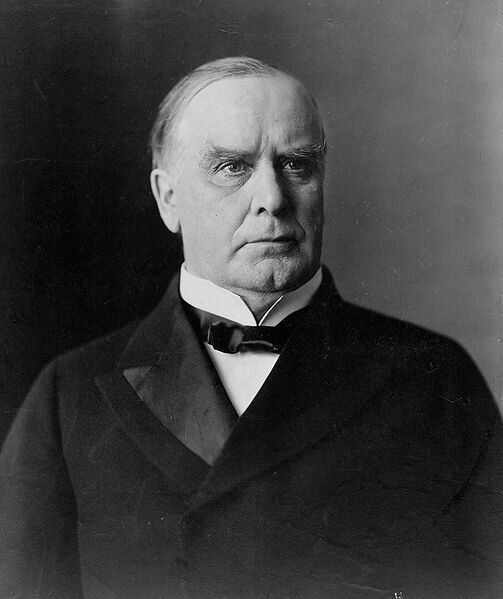
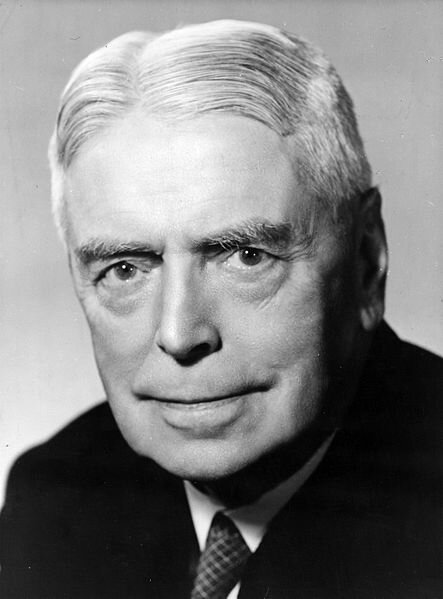
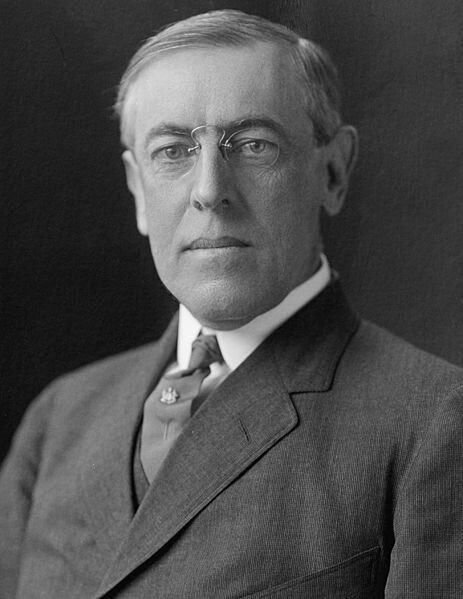

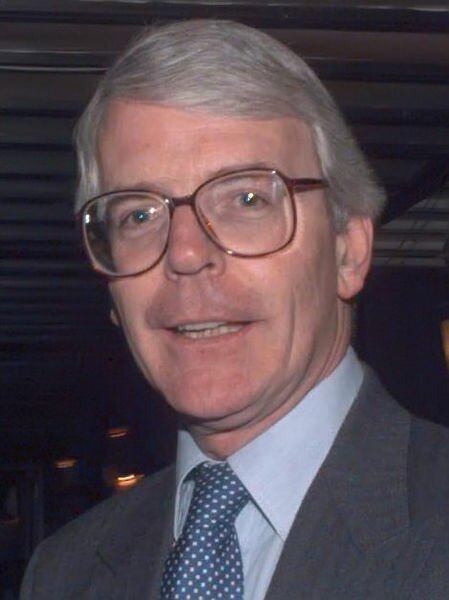
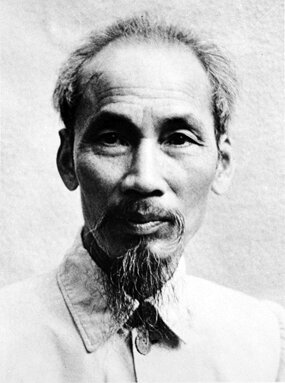
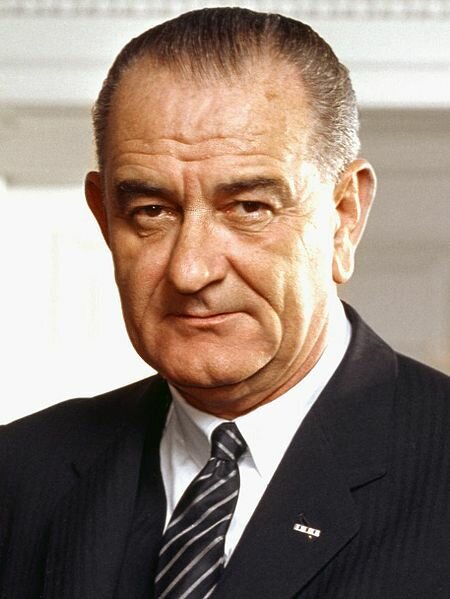
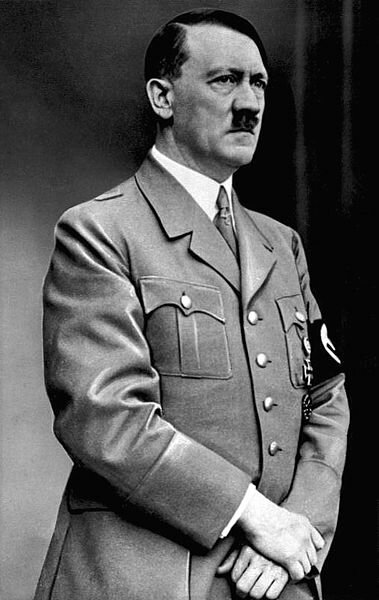
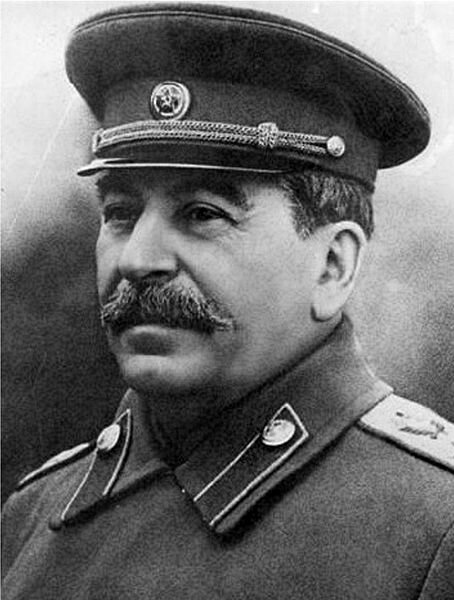


No comments:
Post a Comment